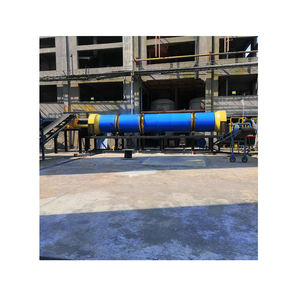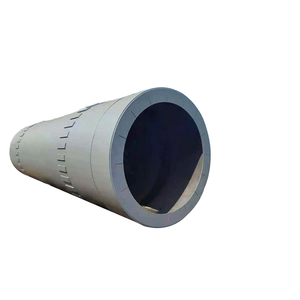Heavy machinery dock operators are crucial personnel within the logistics and supply chain infrastructure of ports, terminals, distribution centers, and manufacturing facilities. Their role involves the precise and safe operation of specialized equipment like container handlers, reach stackers, top loaders, and large forklifts to move, load, unload, and position heavy cargo, containers, and machinery. Becoming a proficient operator requires a blend of technical aptitude, rigorous training, and a steadfast commitment to safety. This article outlines the pathway to entering this demanding and vital profession.
(How To Become A Heavy Machinery Dock Operator)
The journey typically begins with a foundational requirement: a high school diploma or equivalent (GED). While advanced academic degrees are not mandatory, possessing a solid grasp of mathematics, physics, and spatial reasoning is advantageous. These subjects underpin the principles of load dynamics, stability, and machine operation. Furthermore, aspiring operators must meet stringent physical prerequisites. Excellent vision (often with correction), good hearing, and sufficient physical strength and stamina are essential, as the role involves long shifts, potentially challenging environmental conditions, and demands constant alertness. Manual dexterity and superior hand-eye coordination are critical for manipulating complex controls with precision.
The cornerstone of becoming a qualified heavy machinery dock operator is specialized training and certification. This is not a role learned solely through on-the-job experience; formal, accredited training is paramount. Prospective operators must enroll in comprehensive training programs offered by vocational schools, community colleges, or private training institutions approved by relevant regulatory bodies. These programs delve deeply into the technical aspects of heavy equipment operation, covering hydraulic systems, engine fundamentals, braking mechanisms, and steering controls specific to dock machinery. Crucially, they place immense emphasis on safety protocols, hazard recognition, and accident prevention strategies. Understanding load charts, calculating load capacities, and mastering safe maneuvering techniques in confined spaces are integral components.
Following classroom and simulator training, hands-on practical experience under the supervision of qualified instructors is mandatory. This phase allows trainees to develop the necessary muscle memory, spatial awareness, and operational confidence required for real-world scenarios. Upon successful completion of the training program, operators must obtain the necessary licenses and certifications. In the United States, Occupational Safety and Health Administration (OSHA) standards mandate specific certifications for powered industrial truck operators, which include most types of dock machinery. Additionally, operators may need state-specific licenses depending on the equipment type and jurisdiction. Employers often require certification from recognized bodies like the National Commission for the Certification of Crane Operators (NCCCO) for certain types of material handlers.
Securing an entry-level position often involves starting with less complex equipment under close supervision. Initial responsibilities might include operating standard forklifts or assisting experienced operators. This period provides invaluable real-world experience, allowing new operators to refine their skills, understand site-specific procedures, and adapt to the unique demands of their workplace environment. Continuous learning is a hallmark of this profession. Technology evolves, with newer machinery incorporating advanced automation and control systems. Operators must stay abreast of these developments through refresher courses and recurrent training. Furthermore, a deep understanding of the specific cargo being handled – whether containers, heavy machinery components, or bulk materials – enhances operational efficiency and safety.
Beyond technical skills, successful heavy machinery dock operators possess key soft skills. Meticulous attention to detail prevents costly errors and accidents. Strong situational awareness allows operators to anticipate potential hazards and react appropriately. Effective communication skills are vital for coordinating movements with ground spotters, supervisors, and other team members. Patience, responsibility, and a calm demeanor under pressure are essential attributes. Career progression can lead to roles such as lead operator, trainer, shift supervisor, or maintenance coordinator. Some operators leverage their hands-on experience to transition into equipment maintenance or logistics planning roles.
(How To Become A Heavy Machinery Dock Operator)
In conclusion, becoming a heavy machinery dock operator is a structured process demanding dedication to safety, mastery of complex technical skills through accredited training, and the acquisition of necessary certifications. It requires physical fitness, mental acuity, and a commitment to continuous learning and improvement. For individuals seeking a hands-on career at the vital intersection of engineering, logistics, and transportation, operating heavy machinery on the dock offers a challenging and rewarding path, playing a critical role in keeping global commerce moving efficiently and safely.


